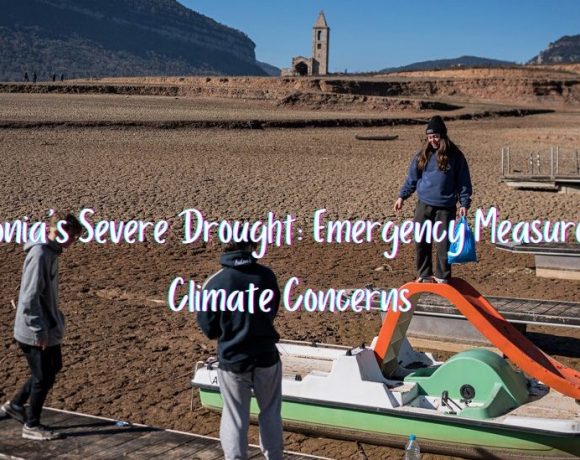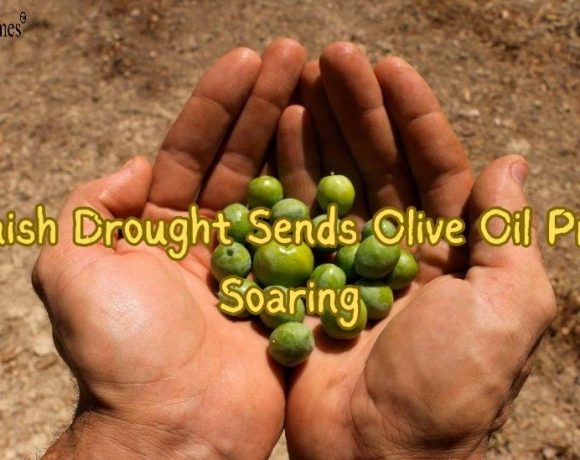
The Spanish region of Catalonia is grappling with its most severe drought on record, prompting the declaration of a state of emergency. With reservoirs dwindling to just 16% of their capacity, over six million residents across 200 towns, including Barcelona, will be subject to stringent water usage restrictions. Measures include bans on car washing and filling swimming pools, as well as significant reductions in water consumption for agriculture and industry.
The severity of the drought is evident in towns like Berga, where residents like Anna Casòliva Freixe, who operates a bakery, express concerns about the lack of water for both essential needs and daily activities. Catalonia, bordering southern France, is unaccustomed to such conditions, and there are considerations to bring in water by ship to Barcelona if local sources run dry, a measure previously taken in 2008.
While the Catalan government had implemented a drought strategy in 2021 to diversify water sources and reduce reliance on reservoirs, the escalating crisis necessitated the imposition of emergency measures. The government acknowledges the possibility of the drought being linked to climate change, given the region’s vulnerability to dry spells and the Mediterranean’s temperature rising 20% faster than the global average.
In Barcelona, the impact of the drought is less immediately visible than in the surrounding mountains, but measures like turning off decorative fountains and restricting watering of gardens have been in effect for a year. As the region, including Barcelona, faces water shortages, concerns arise about its status as a top tourist destination. With over 12 million visitors in 2023, tourism authorities are adapting to the water scarcity by implementing measures in hotels and urging visitors to use water judiciously. Despite preparations, many Catalans express a sense that the situation may worsen, emphasizing the need for a collective reduction in water consumption.
Picture Courtesy: Google/images are subject to copyright

